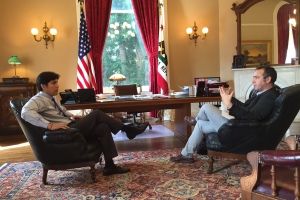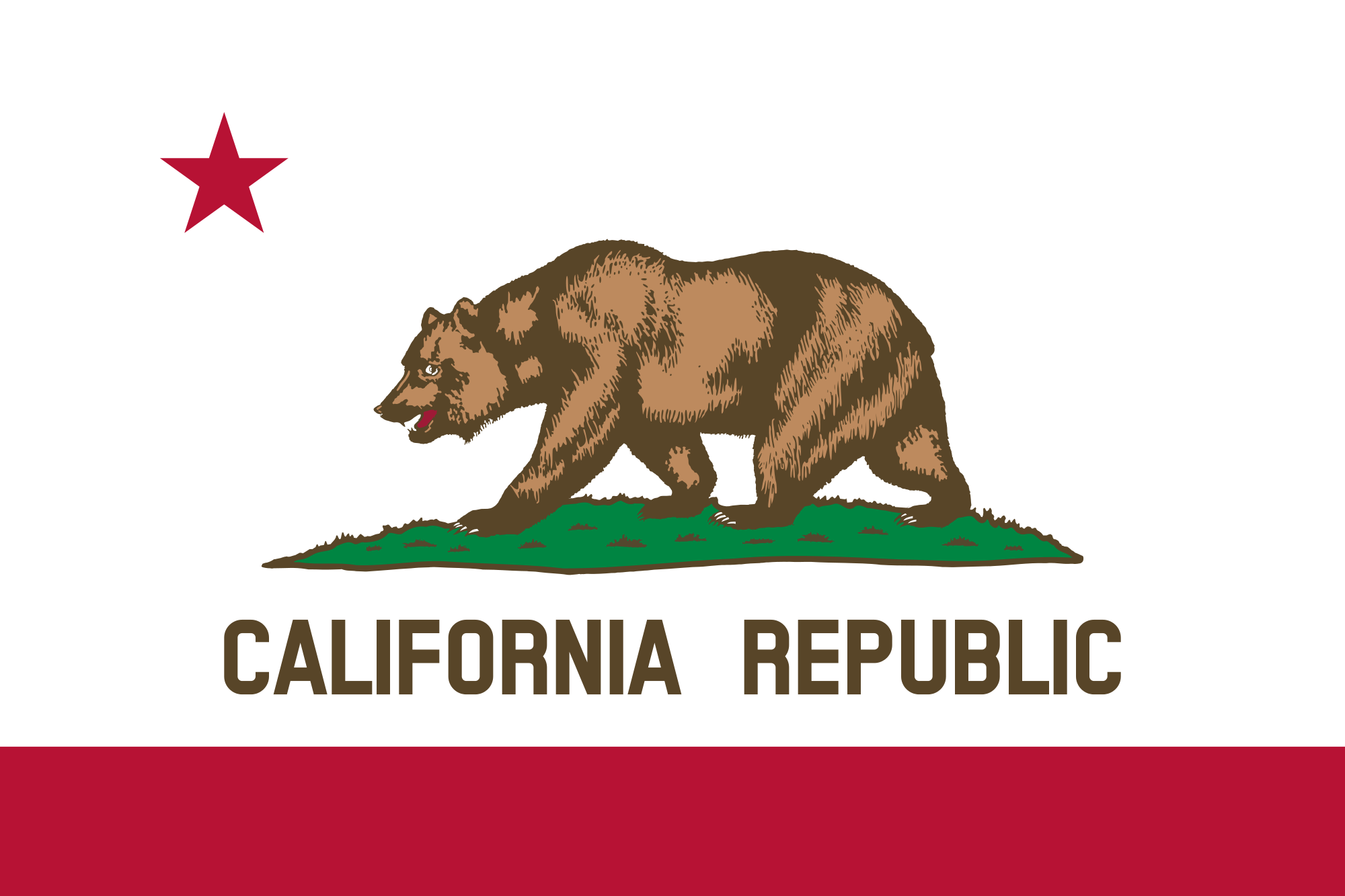Note: On Wednesday, I will be moderating a panel at the California Budget Project’s annual Policy Insights conference, featuring Zocolo’s Joe Matthews, USC Professor Manuel Pastor and Sen. Holly Mitchell. These are my prepared remarks to open that panel.
This is a policy conference, and we’re supposed to talk a lot about statistics, facts and figures, but I have a soft-spot for storytelling. So, I want to talk a bit about narrative, and mythology, and the role it plays in shaping California’s future.
Narrative and myth are often seen as superfluous, but I would argue that in the formation and evolution of California, they never have been.
The things that William Butler Yeats called our “manifold myths” are part of what shapes our understanding of who we are, and binds us together as a people.
We see the continued fascination with the California myth in the national media. The stories of our fiscal booms and busts, of our natural disasters and reconstruction, continue to resonate and reinforce a global idea of California as a place of opportunity and resurrection.
These myths, and others, are a link to California’s past, and can be a powerful force in shaping California’s future.
But can the mythology of California, our sense of who we are, survive and transcend the demographic transformation that is under way in our state?
We are now a plurality Latino state, well on our way to becoming a majority Latino state over the next three decades. We are a state of natives and immigrants – with more of each living here than at any time since statehood.
Will we be able to still see ourselves as reinventors and opportunists and dreamers when we look in the mirror and see a mostly Brown face?
It is a question that I don’t believe has faced a society of California’s size, scope and importance – at least not in recent times.
Can the idea of California survive the transformation of what it means to be a Californian?
How we answer that question will help define our place in the 21st Century and the 21st Century imagination.
To help us formulate those answers, we need more data. Data will bolster these California stories, help us understand the differences between fact and fiction, and help guide better policy decisions.
Producing that data must be a core function of what government does, because in many instances, they are the only ones trusted or empowered to collect it. And there lies the problem.
We’re talking about a world, a data world, where a single comma or mislabeled entry in a database can muck up an entire investigation or query.
Getting good data demands the kind of maddening precision that government is not known for.
It also requires engaged citizens and thoughtful storytellers to unearth and explain to us what is in the public domain, waiting to be illustrated and narrated.
We can develop a more complete understanding of California as we change. I created the Grizzly Bear Project to help that effort.
In a recent story about demographic change in Orange County, USC Professor Dowell Myers noted, “By and large, people’s impressions of a place are about 20 years out of date. They remember the trends that were happening and assume they’re still going on.”
Myers is right. As Joe Matthews has written, it’s time for an update.
Joe’s column calling for a new California Dream is thought provoking, and a must-read for anyone thinking about California. Like so much of Joe’s work, the piece encourages us as Californians to face facts, be honest about who we are and begin to articulate a new vision of who we want to be.
Professor Manuel Pastor has conducted important, empirical science to illustrate the need to link economic growth and equity.
He is also a member of the Parks Forward commission, and in this capacity, is dealing in a very real way with the nexus of fact and mythology. Pastor and his fellow Parks Forward members understand that in order for our state parks to survive, they must appeal to a new generation of Californians. They must appeal to Latinos and other younger Californians.
Failure to bring parks to the people, and the people to parks – to forge an emotional connection between the Great Outdoors and Millennials — could lead to dire consequences for our open spaces amid this California transformation.
Sen. Holly Mitchell has spent her time in Sacramento articulating A consistent champion for those left behind by the new California economy, she works to humanize the type of statistics that we all learn to gloss over. If Jerry Brown is the state’s fiscal steward, Mitchell is its conscience, never wavering in her support for those with the most dire of needs.
All of these people understand it is time to update our understanding of the California dream — to bring our myths into the 21st Century, to celebrate and fight for our collective, poly-ethnic future.
But questions remain:
How much help do we offer those in need, while still exercising government restraint and responsibility?
Can we build an economy that sustains our environmental vision?
How do we build a more equitable society that is progressive, compassionate and sustainable?
We need to walk a series of impossibly fine lines, and tell good stories along the way. By developing a better understanding of who we are, and we can be more prepared for our collective future.
Merging our myths with empirical data helps us tell richer stories. It helps guide accurate social science. It helps us craft better policy.
I look forward to talking to our panelists today about what that visions looks like, and what they would like to see for California’s future.







